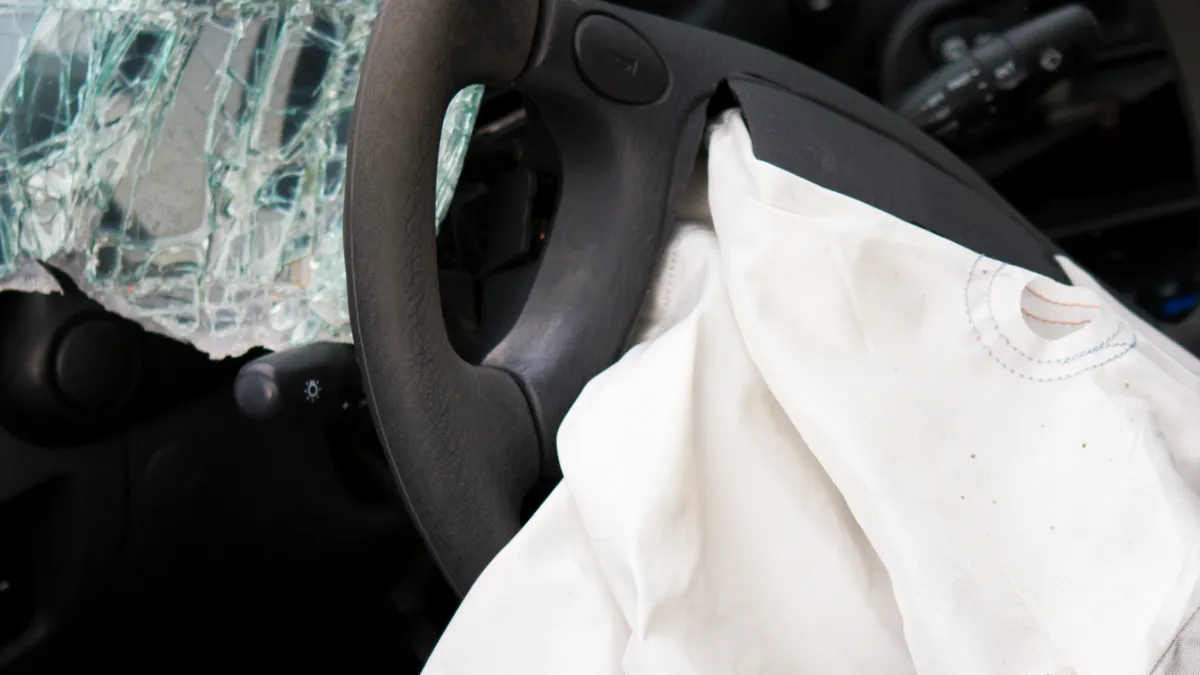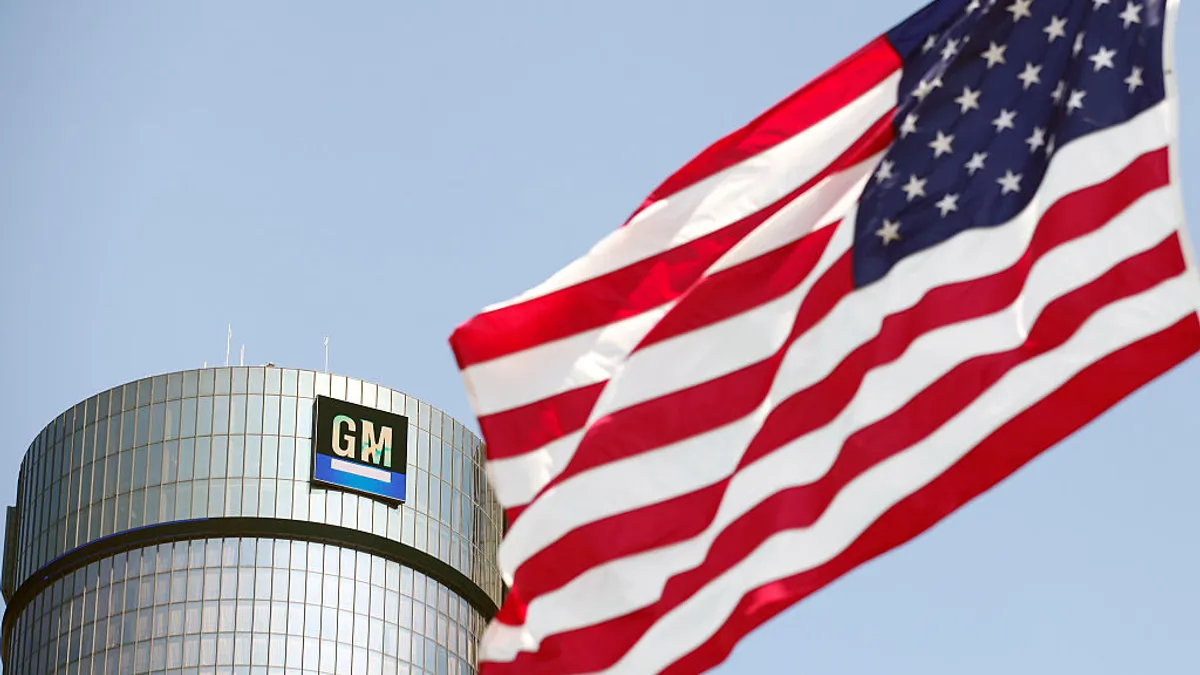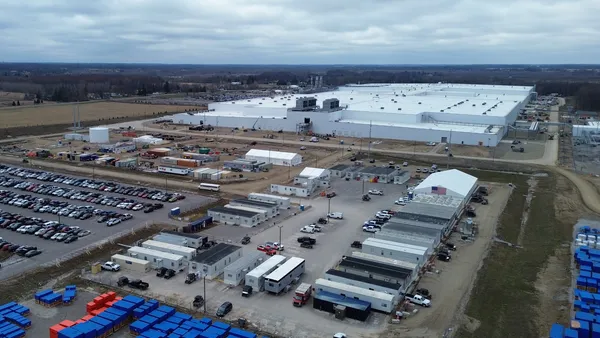Dive Brief:
- Automakers do not want the National Highway Traffic Safety Administration to force a recall of 52 million air bag inflators, according to public comments on NHTSA’s initial decision from September.
- General Motors, Ford Motor Co. and eight other automakers said the risks are too low to warrant a recall. The faulty inflators, manufactured by Arc Automotive and Delphi Automotive Systems from 2000 to 2018, have injured at least seven people and killed one person, NHTSA found after an eight-year investigation.
- The proposed recall would be the second largest in U.S. history after the Takata air bag recall, which affected about 67 million vehicles across 34 brands and 19 automakers.
Dive Insight:
The U.S. auto safety regulator said in September it planned to force Arc and Delphi to recall the allegedly faulty inflators, arguing they could rupture in a crash. NHTSA requested Arc voluntarily recall the affected air bags earlier this year, but the company refused.
Weld slag produced during the friction welding manufacturing process may cause the inflators to “rupture when the vehicle’s air bag is commanded to deploy, causing metal debris to be forcefully ejected into the passenger compartment of the vehicle,” NHTSA said in its initial decision. “Additional inflator ruptures are expected to occur in the future, risking more serious injuries and deaths, if they are not recalled and replaced.”
Eight of the 12 affected automakers have voluntarily recalled the potentially defective inflators, with GM recalling almost one million vehicles in May.
Automakers, however, claim a mandatory recall is unnecessary because manufacturers have already recalled many of the potentially affected vehicles. They also questioned NHTSA’s analysis and its rationale for forcing a recall.
“GM disagrees with the Initial Decision, which falls far short of the agency’s technical and procedural standards, especially in major defects enforcement cases, and fails to carry the agency’s burden of demonstrating that a massive and unprecedented expansion of the existing ARC inflator recalls—extending to as much as 15% of the over 300 million registered motor vehicles in the United States—is legally required or would advance public safety,” GM wrote.
GM and other automakers specifically disputed NHTSA’s concerns about weld slag causing the inflators to malfunction.
“In the Initial Decision, the agency posits that 52 million airbag inflators manufactured over nearly two decades by two different companies, on different assembly lines, using different manufacturing processes contain a common manufacturing defect—a defect that the agency cannot conclusively identify,” GM wrote. “NHTSA argues that this alleged defect is an inflator exit-gas orifice blockage caused by ‘weld slag,’ even though evidence indicates that this was not the cause of at least four of the seven field ruptures.”
Arc, which manufactured about 41 million of the affected inflators, said that using NHTSA’s predicted failure rate, three additional ruptures would occur in the next 33 years.
“This cannot possibly be deemed non-de minimis or as constituting the ‘unreasonable risk to motor vehicle safety’ that Congress had in mind,” Arc wrote.
NHTSA did not respond to a request for comment.












